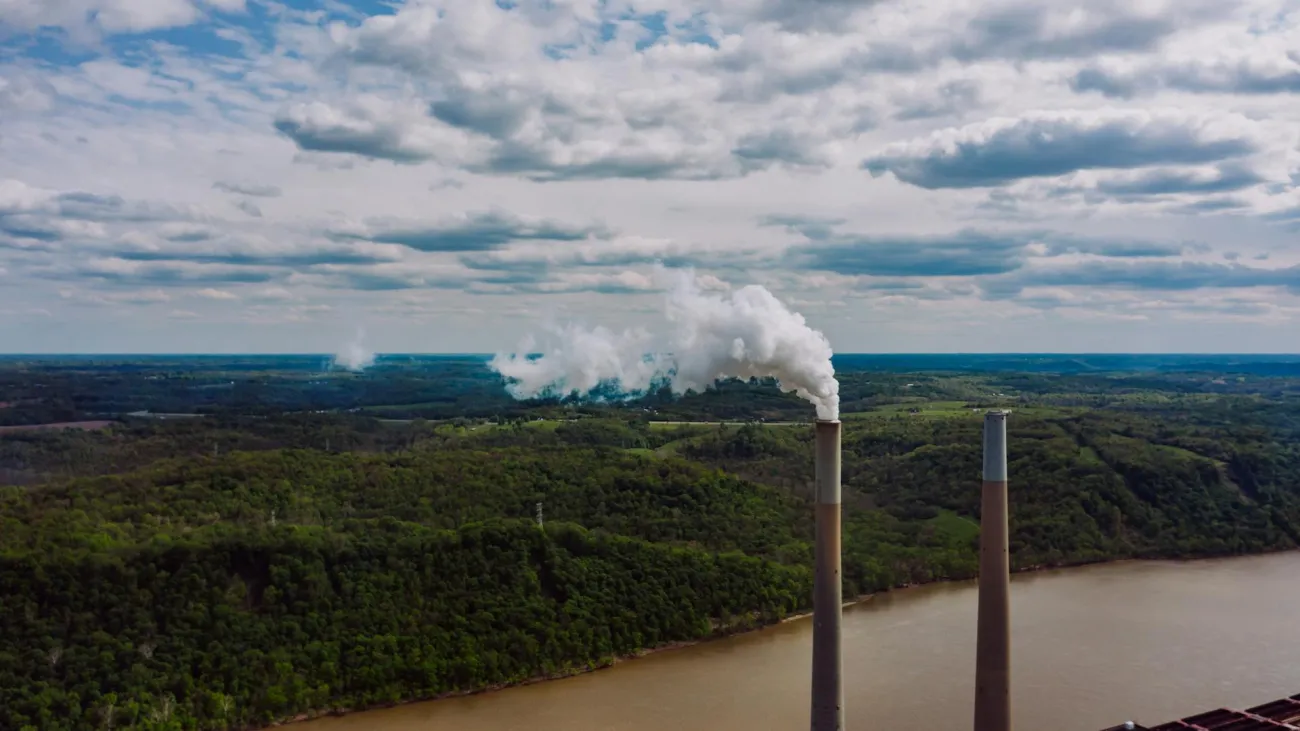
This research quantifies the short-term costs of delaying action when confronted with the climate challenge. It concludes that the later climate policy implementation starts, the faster -- hence the more expensive -- emissions have to be reduced if states world-wide want to achieve the internationally agreed target of limiting global warming to 2 degrees above pre-industrial level.
The researchers conclude that if emissions reductions are delayed beyond 2030, global energy price levels are likely to increase by 80 percent in the short term, which would place a particular burden on the world's poor.
Simulations of various climate change mitigation scenarios were made including different assumptions on international climate negotiations, the availability of low carbon technologies and energy efficiency. When calculating the economic aspects, mitigation costs, energy prices and potential financial transfers (carbon market) were taken into account.
The paper concludes that an achievability frontier exists - which means that depending on mitigation targets, timing and technology availability, the costs of implementing climate policy beyond a certain point grow disproportionally. Not only would weak climate policy be costly, it could possibly also hinder us from reaching climate goals in the future.
Citation
Luderer, G., Pietzcker, R.C., Bertram, C., Kriegler, E., Meinshausen, M., Edenhofer, O. (2013) Economic mitigation challenges: how further delay closes the door for achieving climate targets. Environmental Research Letters.
To read a full article about this new research, visit Science Daily here.




Comments (0)